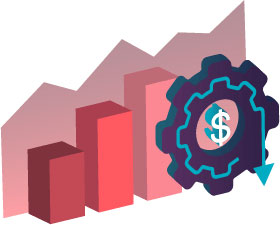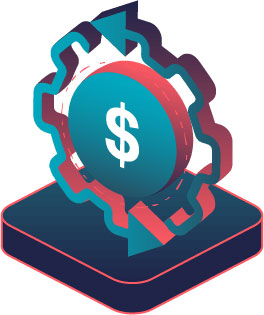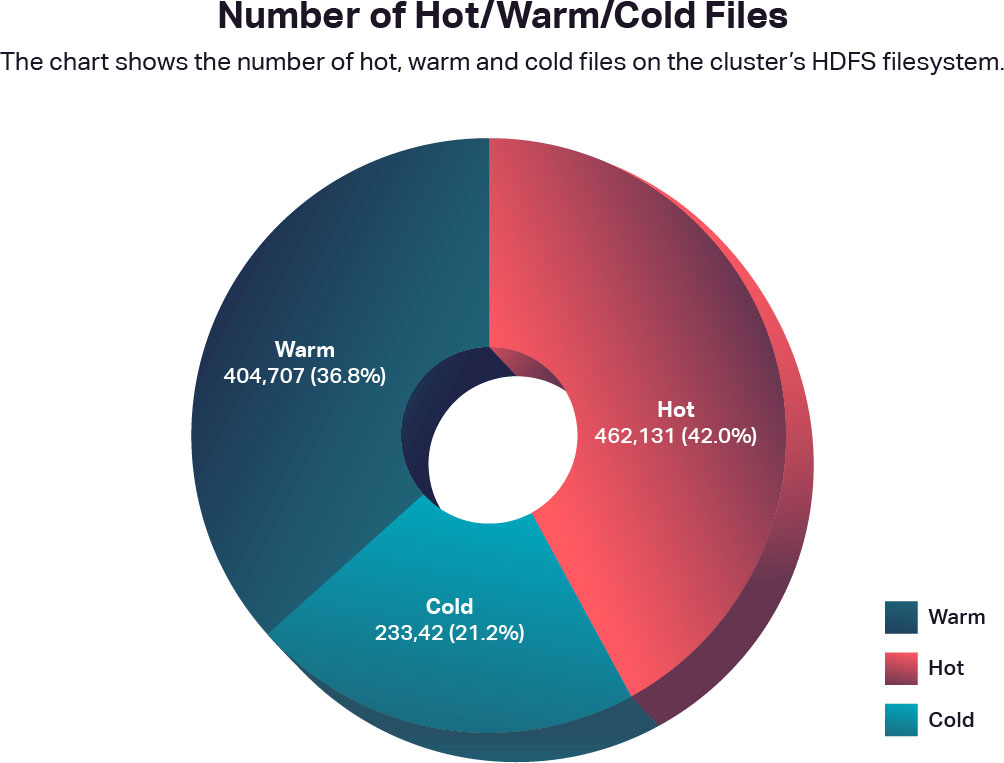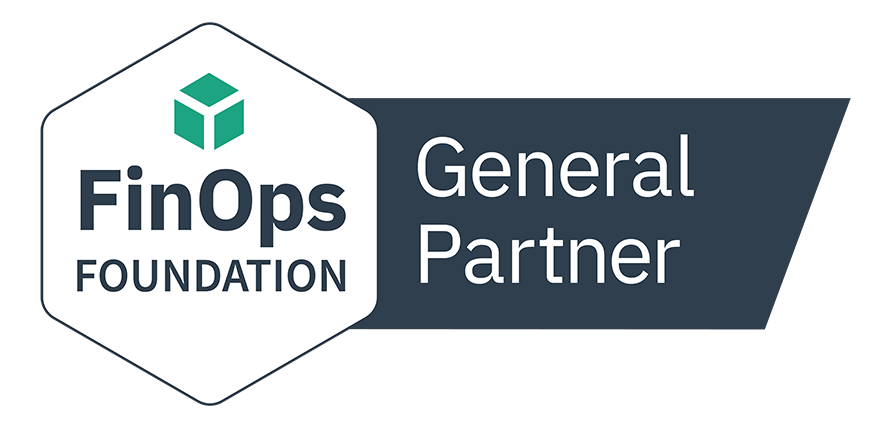Overview
Financial institutions exist in one of the most data-intensive sectors across industries today. Customer expectations and competition increasingly add pressure for your IT and development teams to make use of big data analytics in finance. At the same time, your business owners are more focused than ever on getting business insights from their data. This puts increased pressure on your IT chargeback teams and developers to make sure they support the processing of diverse data in real-time across the organization. All the while without increasing budgets or support complexity.
Pepperdata Helps Fortune 100 Financial Services Giant
The company needed to gain control of runaway IT resource spend while maintaining optimal workload performance levels and meeting business-critical SLAs. Read how they gained 30% improvement in server utilization and capacity with Pepperdata, equivalent to 100s of nodes.
Featured Customer
“Pepperdata is very customer focused and help to resolve any outstanding issues. The service is prompt and help us to fix few issues and many users are making use for application performance tuning and reducing memory wastage.”

Featured Customer
“There was little optimization, or sometimes it was deemed more costly than simply adding capacity (human vs machine time/cost). Pepperdata solved both the monitoring and the proactive tuning, saving us time and money in building this, but also time and money in low level tuning of our applications.”

Use Cases

Increase Application Performance and Reduce Costs
Autoscaling is a feature that monitors the performance of your applications and can adjust resources to ensure the performance you need to maintain your SLAs is delivered. The advantage of autoscaling is that you can set policies based on performance, cost, or a combination of both for your applications’ needs.
Pepperdata Capacity Optimizer makes thousands of decisions per second, analyzing the resource usage of each node in real time to optimize the utilization of CPU, memory, and I/O resources on big data clusters. The net effect is that horizontal scaling is optimized and waste is eliminated.

Boost Visibility for Better Decision Making and Reduce Consumption
Shared services chargeback models help IT recover the costs required to build, acquire, support, and manage technology solutions and services that are shared across the company. Pepperdata chargeback reporting provides detailed visibility into CPU and memory usage over a time interval ranging from minutes to weeks.
Pepperdata Platform Spotlight captures time-series data across every hardware component and application layer and makes it available within our streamlined UI, direct downloads, REST API, and data science reports.

Improving Operating Margins with Data Temperature
Data temperature describes how often data is accessed. Data that is accessed most frequently and is on faster storage systems is described as hot, data described as cold is rarely accessed and typically on slower storage, and data described as warm or cool is accessed between most frequently and seldom.
Understanding the age, size, and access history of your data files is critical to ensure your data storage strategy aligns with your SLAs and users’ expectations. Data temperature dynamics can only be ascertained if you have deep, timely, accurate, and accessible platform utilization data. Platform Spotlight provides an HDFS data temperature feature, with which you’ll gain access to:
- The age and size of your HDFS data files.
- The exact file names for each temperature.
- Which files don’t match their current policy based on access times.
Blog Post: Pay for the Right Data Storage at the Right Data Temperature.
Resources
Solution Brief
Optimize Big Data Analytics in Finance
Learn how you can optimize data analytics in finance and enable big data success through DevOps and Platform Ops collaboration with a solution from Pepperdata.



